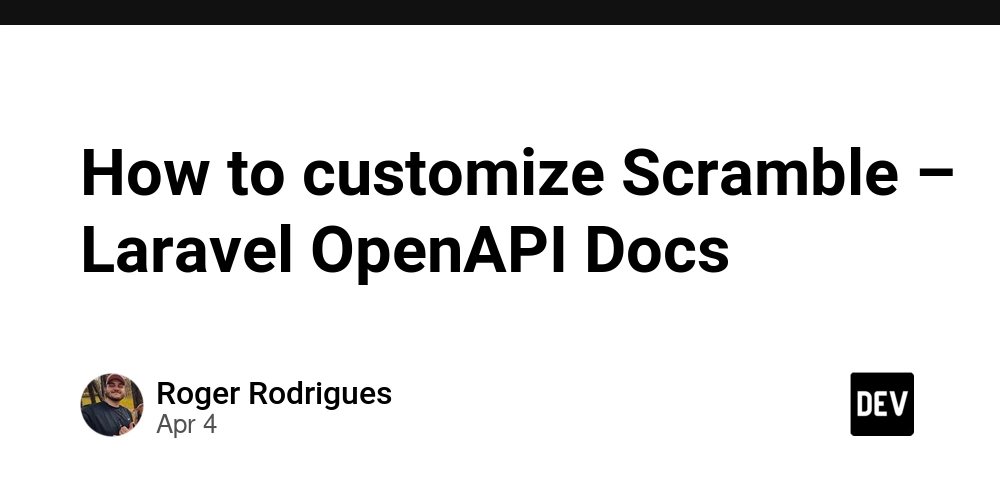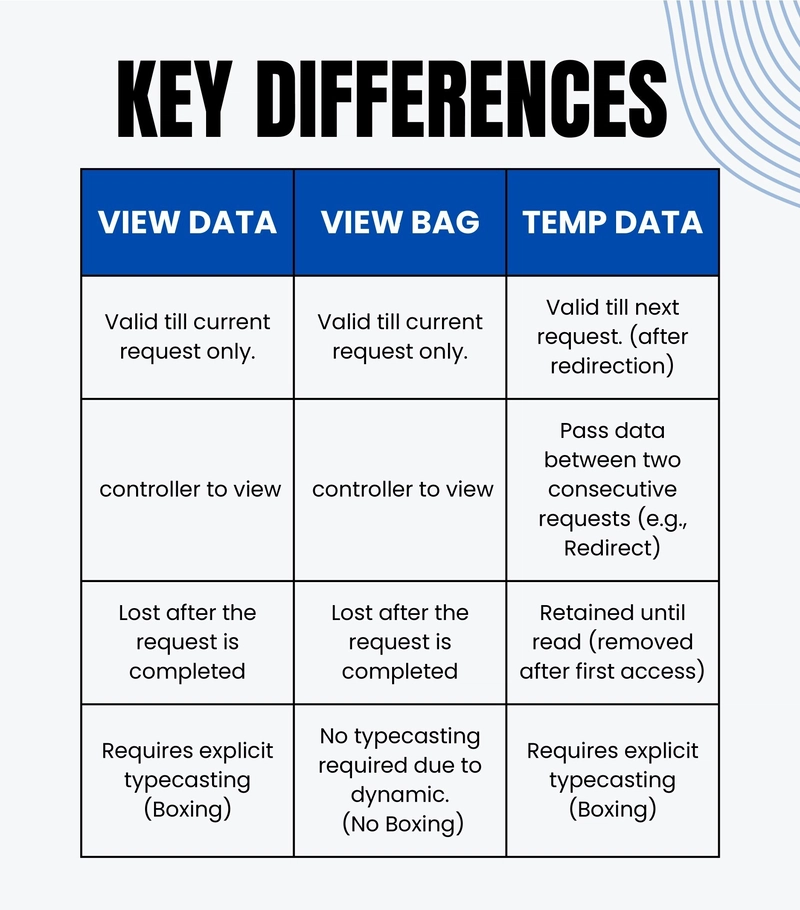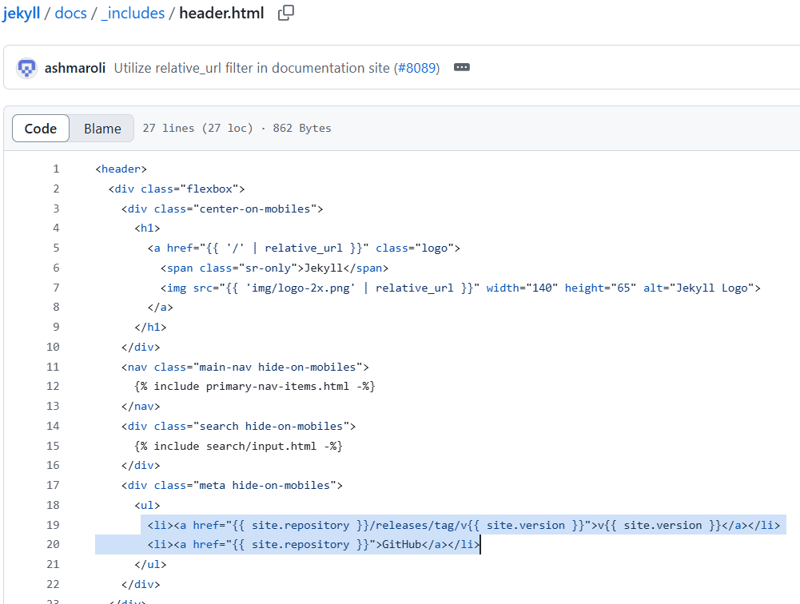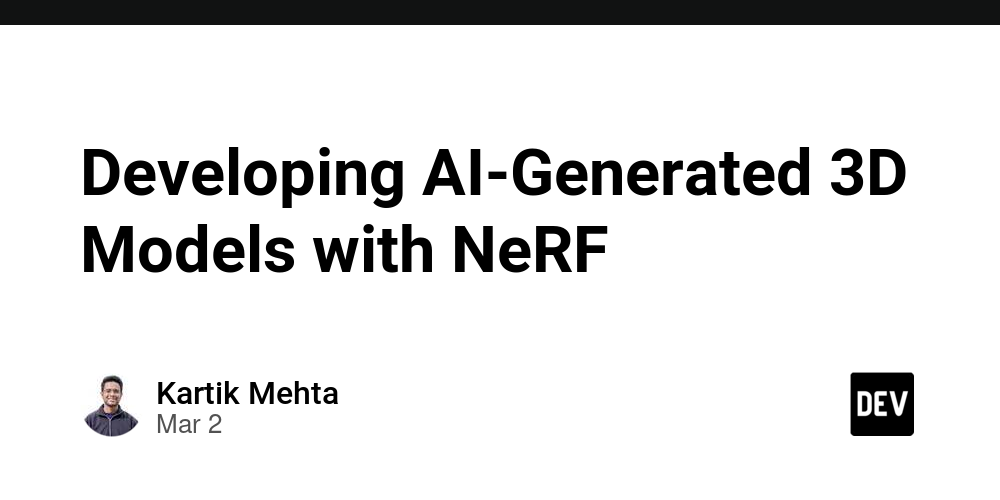How to customize Scramble – Laravel OpenAPI Docs
I tried to customize the documentation of my API and was so much difficult! I'm writing this article to help devs that would to customize / add new endpoints without the route in api.php. For example: my API have a webhook to the client. So, i would like to add the webhook documentation to the documentation and I achieved. First, lets create a Scramble DocumentTransformer: /app/Transformers/AddWebhookDocumentationTransformer.php

I tried to customize the documentation of my API and was so much difficult!
I'm writing this article to help devs that would to customize / add new endpoints without the route in api.php. For example: my API have a webhook to the client. So, i would like to add the webhook documentation to the documentation and I achieved.
First, lets create a Scramble DocumentTransformer:
/app/Transformers/AddWebhookDocumentationTransformer.php
operationId = 'webhookNotification';
$operation->security = [];
{% embed %}
$operation->summary('Webhook Notification')
->description(
'This is an example of the webhook sent by us after a transaction is completed. ' .
'The payload below represents the data sent to the URL configured by the client.'
);
// Webhook schema definition
$schema = (new ObjectType())
->addProperty('payer_id', new IntegerType(), fn ($p) => $p->description('Payer ID.'))
->addProperty('payer_name', new StringType(), fn ($p) => $p->description('Payer name.'))
->addProperty('payer_document', new StringType(), fn ($p) => $p->description('Payer document (CPF/CNPJ).'))
->addProperty('payer_email', new StringType(), fn ($p) => $p->description('Payer email.'))
->addProperty('product_id', new StringType(), fn ($p) => $p->description('External product ID.'))
->addProperty('order_id', new StringType(), fn ($p) => $p->description('Order ID.'))
->addProperty('status', new StringType(), fn ($p) => $p->description('Transaction status (e.g., approved, declined).'))
->addProperty('total', new IntegerType(), fn ($p) => $p->description('Total transaction amount in cents.'))
->addProperty('paid', new BooleanType(), fn ($p) => $p->description('Indicates if the transaction was paid (true/false).'))
->addProperty('paid_at', new StringType(), fn ($p) => $p->description('Payment date and time (ISO 8601).'));
// Adding the request body
$operation->addRequestBodyObject(
RequestBodyObject::make()
->setContent('application/json', Schema::fromType($schema))
->description('Structure of the payload sent by the webhook')
);
// Adding the expected response
$operation->addResponse(
(new Response(200))
->description('Webhook received successfully.')
);
// Creating the /webhook path
$pathItem = Path::make('/webhook')
->addOperation($operation);
// Adding the path to the document
$document->addPath($pathItem);
}
}
Second, we will register this transformer to the Scramble:
/app/Providers/AppServiceProvider.php
Scramble::configure()
->routes(function (Route $route) {
return Str::startsWith($route->uri, 'api/');
})
->withDocumentTransformers(AddWebhookDocumentationTransformer::class);









































































































































































![[The AI Show Episode 142]: ChatGPT’s New Image Generator, Studio Ghibli Craze and Backlash, Gemini 2.5, OpenAI Academy, 4o Updates, Vibe Marketing & xAI Acquires X](https://www.marketingaiinstitute.com/hubfs/ep%20142%20cover.png)


























































































































![[FREE EBOOKS] The Kubernetes Bible, The Ultimate Linux Shell Scripting Guide & Four More Best Selling Titles](https://www.javacodegeeks.com/wp-content/uploads/2012/12/jcg-logo.jpg)



![From drop-out to software architect with Jason Lengstorf [Podcast #167]](https://cdn.hashnode.com/res/hashnode/image/upload/v1743796461357/f3d19cd7-e6f5-4d7c-8bfc-eb974bc8da68.png?#)







































































































.png?#)




.jpg?#)




















 (1).webp?#)











_Christophe_Coat_Alamy.jpg?#)








































































































![Rapidus in Talks With Apple as It Accelerates Toward 2nm Chip Production [Report]](https://www.iclarified.com/images/news/96937/96937/96937-640.jpg)








































































































































